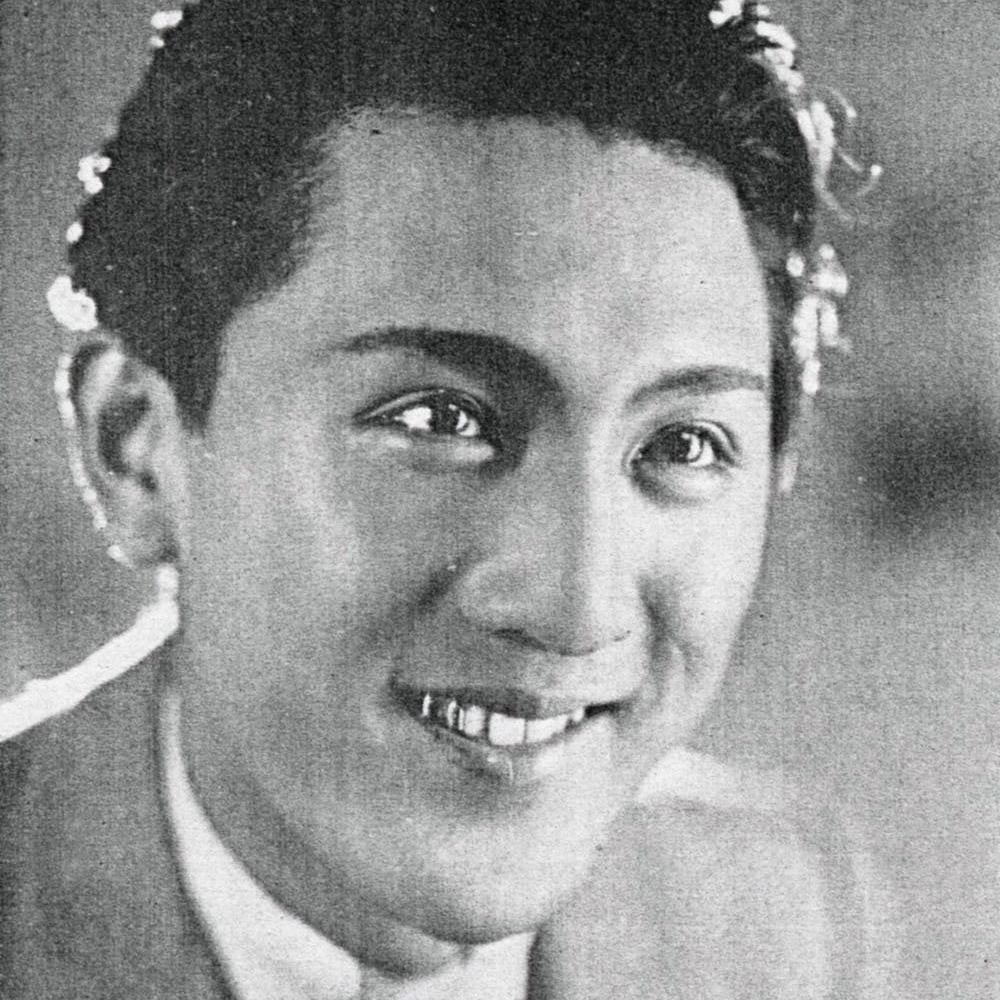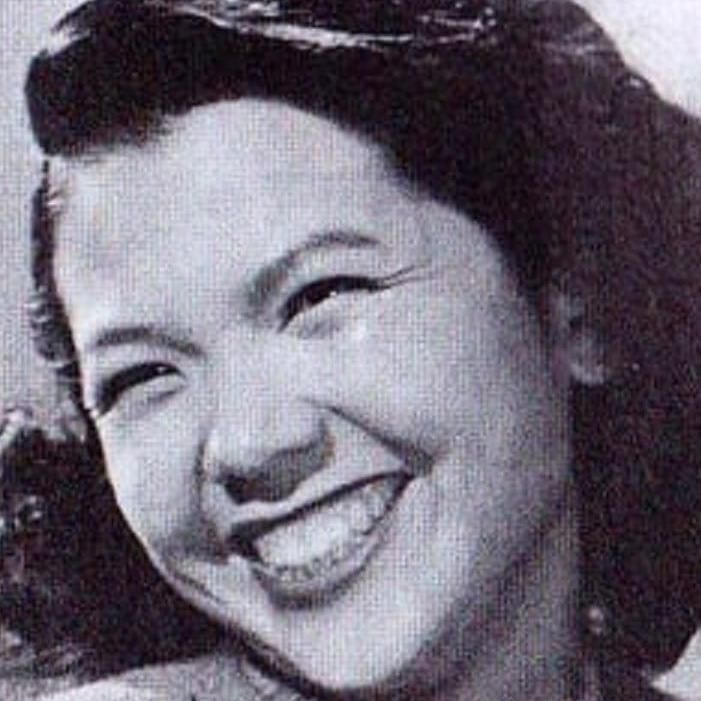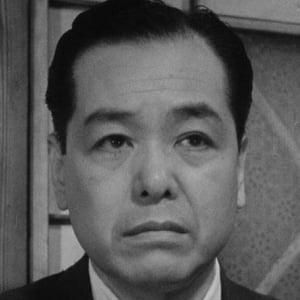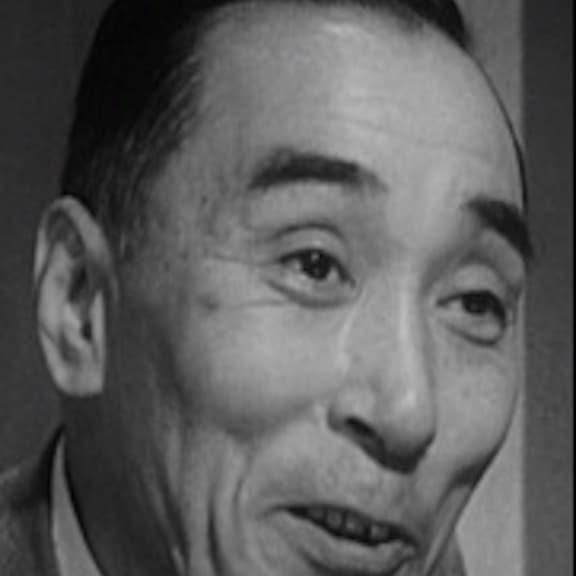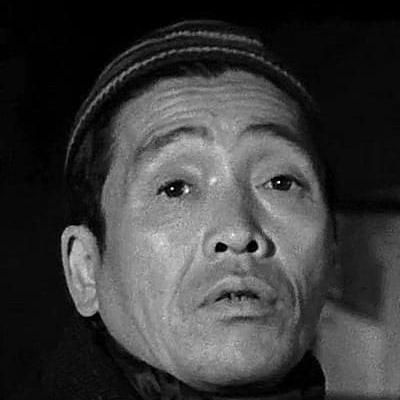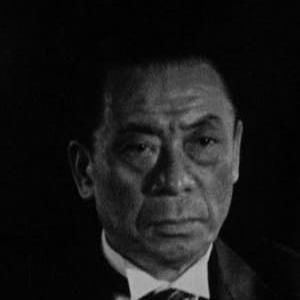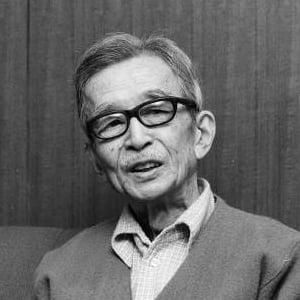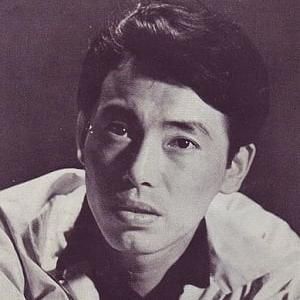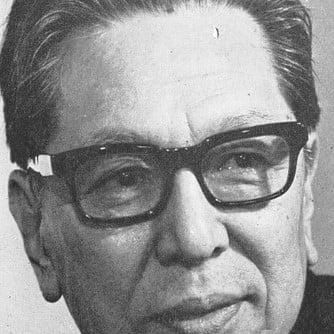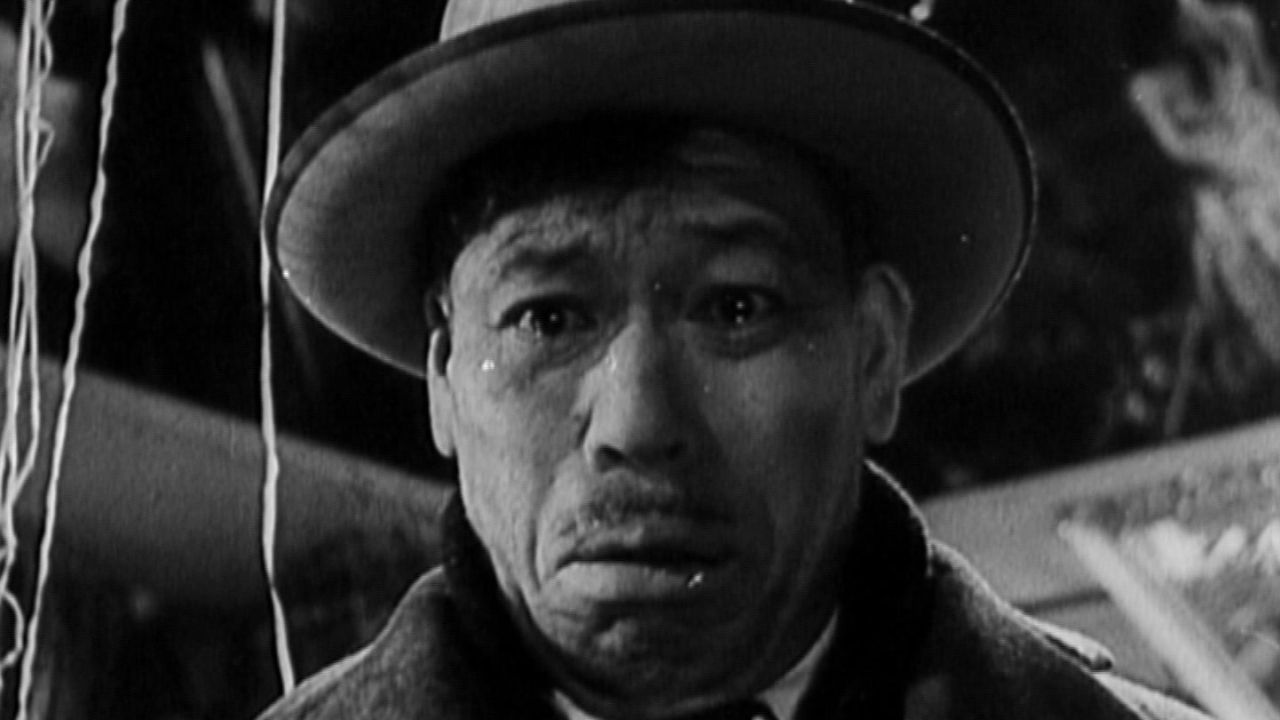

Žít
Režie: Akira Kurosawa8.398%96%8.3
Úředník Watanabe se dozví, že trpí rakovinou a že mu zbývá jen několik málo měsíců života. Otřesen touto zprávou, pokouší se na vše zapomenout a rozptýlit se pitím alkoholu a návštěvami ve striptýzových barech, zkrátka dohnat všechny požitky, které dosud neznal, neboť plynuly kdesi mimo něho. Když nic z toho nezabírá, hledá útočiště v práci: se vší energií se zasazuje u úřadu o zřízení dětského hřiště ve slumech. Téhož večera, kdy se koná slavnostní otevření, na hřišti umírá - konečně s pocitem klidu a naplněného života. Akiro Kurosawa na příkladu nemocného muže zkoumá vliv anonymity města na psychiku jeho obyvatel, pocity osamění uprostřed davu, odcizující pracovní podmínky. Vzdává se přitom veškeré sentimentality a dosahuje proto obzvláště jímavého účinku
Kde se dívat na Žít
Hodnocení a recenze Žít
- CrossCutCritic29. května 2025Ikiru To You, Who Realized Too Late That You’d Never Lived “So teach us to number our days, that we may gain a heart of wisdom.” — Psalm 90:12 --- I. To You, Who Confused Longevity with Living You kept your head down. Punched your card. Filed your forms. You stayed silent, stayed useful, stayed invisible. You thought this was what it meant to be a good man. But then one morning, a doctor with downcast eyes told you that your stomach was no longer yours. And just like that— your life became real. Not because you’d found faith. But because you’d found the end. You looked back and saw nothing: no song, no rebellion, no love, not even a mistake to make the silence meaningful. And the terror of that emptiness became your first prayer. This is your story. Ikiru does not begin in hope. It begins in diagnosis. In the slow, colorless erosion of a man who forgot to live because he thought survival was enough. But the cross always begins with death. And sometimes, grace first arrives in the form of a tumor. If you’ve ever looked at your life and wondered whether it would leave a mark at all— then you already know this man’s sorrow. And you know it is not too late. --- II. The Dying That Taught You How to Begin You tried pleasure. Tried the neon nights and jazz clubs. Tried forgetting. It didn’t work. Not because you were too pure— but because you were already too far gone to pretend that noise could silence the ache. And then, a girl laughed. Not at you. Not for you. Just… in your presence. And something cracked. She made toys. That’s all. Cheap little rabbits for children to hold. But you watched her work, saw the joy in her hands, and you knew: That’s what I want. To be part of something that makes someone else glad they’re alive. So you asked her to stay. To tell you how she did it. To remind you that even this late, even this broken, you could still make something beautiful. She didn’t understand. She left. But the desire remained. And desire, when born from despair, can become holy. So you returned to the thing that once enslaved you— your desk— not as a prisoner, but as a priest. And you took up your cross. Not to change the world. Just to build a park. If you’ve ever realized too late that you were made for joy— and tried, trembling, to find a way to give it to someone else— then you already know this moment. And you know it matters. --- III. The Cross Built Out of Paper and Mud It wasn’t much. Just a little patch of ground, a stagnant cesspool, a forgotten space where the city's children grew sick and no one cared. But you cared. You—the man who once rubber-stamped indifference— began to walk door to door. You left your office. Faced rejection. Endured mockery. And still you went on. Not because you were brave. Because you were dying— and dying had taught you that there was nothing left to protect. So you gave yourself away. Meeting by meeting. Letter by letter. You made the bureaucracy move, not with force, but with the holy futility of persistence. And when the last paper was signed, you did not gloat. You did not pose for a photograph. You went to the park. You sat on the swing. In the snow. And sang a lullaby to the night. If you’ve ever poured your last strength into something that no one else thought was worth saving— if you’ve ever made beauty from brokenness just to say that it could be done— then you already know this cross. It was not made of wood and nails. It was made of mud and memory. And it gave shelter to the smallest among us. --- IV. The Ones Who Remembered When the Powerful Forgot They gathered in suits. Polished shoes. Papers in hand. They spoke of civic duty, of proper channels, of public initiative. They drank to your memory. Promised to carry on your spirit. Then laughed, forgot, and went back to their desks. But they didn’t see them. The others. The women who wept quietly in the back of the room. The mothers who brought flowers. The children who stood barefoot in the park you built and knew your name even if the plaques did not. They didn’t argue. They testified. Because they knew what it cost you. They saw you show up, when no one else would. And their presence was a rebuke to every official who tried to rewrite the story. This is the gospel. Not that the high priests of bureaucracy repented— but that the least of these remembered. And in their remembering, your sacrifice was not erased. It was fulfilled. If you have ever been buried in silence only to find that someone still carried your name in their breath— then you already know this resurrection. It does not come with trumpets. It comes with tears and the sound of children playing where sorrow used to live. --- V. The Life That Began the Moment You Let Go You never saw the future you built. Not fully. You died before the praise. Before the paint dried. Before the playground filled with laughter. But you knew it would come. And that was enough. Because something had changed in you— not your body, but your soul. You had learned how to live. Not by saving yourself, but by spending yourself completely. You gave your final days to strangers. And in doing so, you reclaimed the years you thought you’d lost. You died alone. But not unloved. Not by the ones who mattered. If you have ever found peace in the middle of futility— if you’ve ever smiled through suffering because you knew your labor was not in vain— then you already know this kind of life. The kind that begins only after you've stopped trying to keep it. --- Postscript Ikiru is not about overcoming death. It’s about being awakened by it. Watanabe doesn’t perform miracles. He doesn’t preach. He doesn’t fight the system with power or pride. He simply chooses one thing— one beautiful, good, quiet thing— and gives his life to it. He is forgotten by history. Dismissed by power. But not by the poor. Not by the mothers. Not by the children who now run barefoot through grace. This is the gospel of the park: That sometimes the holiest work is the one no one applauds, built by a man no one noticed, until he was gone. There is a God who builds like this. Through the weak. Through the terminal. Through the ones who’ve already given up on being remembered. And when the story is finished, He does not measure the size of your accomplishments. He simply walks into the park you built and says: “You lived. And it was enough.” ---
- Lindsay11. listopadu 2025Personally I think this movie is massively overrated. It has a nice message sure, but it drags on for far too long & I don’t feel much connection with the characters aside for sympathy for the main character. A classic for some but not for me.
- Rowan Krzysiak12. února 2025It obvious, explicit and yet still brilliant. The flourishes of genius scattered throughout combined with the overarching raw message gives you a tapestry of characters and reference points to research, analyse and converse with. It feels essential.
- cultfilmliker1. dubna 2025“Sacrifice the self to serve the many!” ☭ Takashi Shimura is….The Man With The Saddest Face™️ COMMENTS 🗣️ Love the outright Faustian plot. Literally said aloud, “That is a fucking great hat.” Definitely the most heartbreaking karaoke performance of all-time. Sullen, yet charming. Hopeful, yet crushing. NOTES 📝 Japan dealing with the end of imperialism must have been weird. Just trying to navigate government when attempting to rebuild is so unimaginable. Never thought about the idea of your child fighting in a (losing) war…. *added to list of reasons to avoid having children* lol
Žít Trivia
Žít byl vydán 9. října 1952.
Žít byl režírován Akira Kurosawa.
Žít je dlouhý 2 h 23 m.
Žít byl produkován Sōjirō Motoki.
Úředník Watanabe se dozví, že trpí rakovinou a že mu zbývá jen několik málo měsíců života. Otřesen touto zprávou, pokouší se na vše zapomenout a rozptýlit se pitím alkoholu a návštěvami ve striptýzových barech, zkrátka dohnat všechny požitky, které dosud neznal, neboť plynuly kdesi mimo něho. Když nic z toho nezabírá, hledá útočiště v práci: se vší energií se zasazuje u úřadu o zřízení dětského hřiště ve slumech. Téhož večera, kdy se koná slavnostní otevření, na hřišti umírá - konečně s pocitem klidu a naplněného života. Akiro Kurosawa na příkladu nemocného muže zkoumá vliv anonymity města na psychiku jeho obyvatel, pocity osamění uprostřed davu, odcizující pracovní podmínky. Vzdává se přitom veškeré sentimentality a dosahuje proto obzvláště jímavého účinku
Klíčové postavy v Žít jsou Kanji Watanabe (Takashi Shimura), Sakai (Haruo Tanaka), Mitsuo, son of Kanji (Nobuo Kaneko).
Žít je hodnocen Not Rated.
Žít je film s žánrem Drama.
Žít má hodnocení diváků 9.6 z 10.



